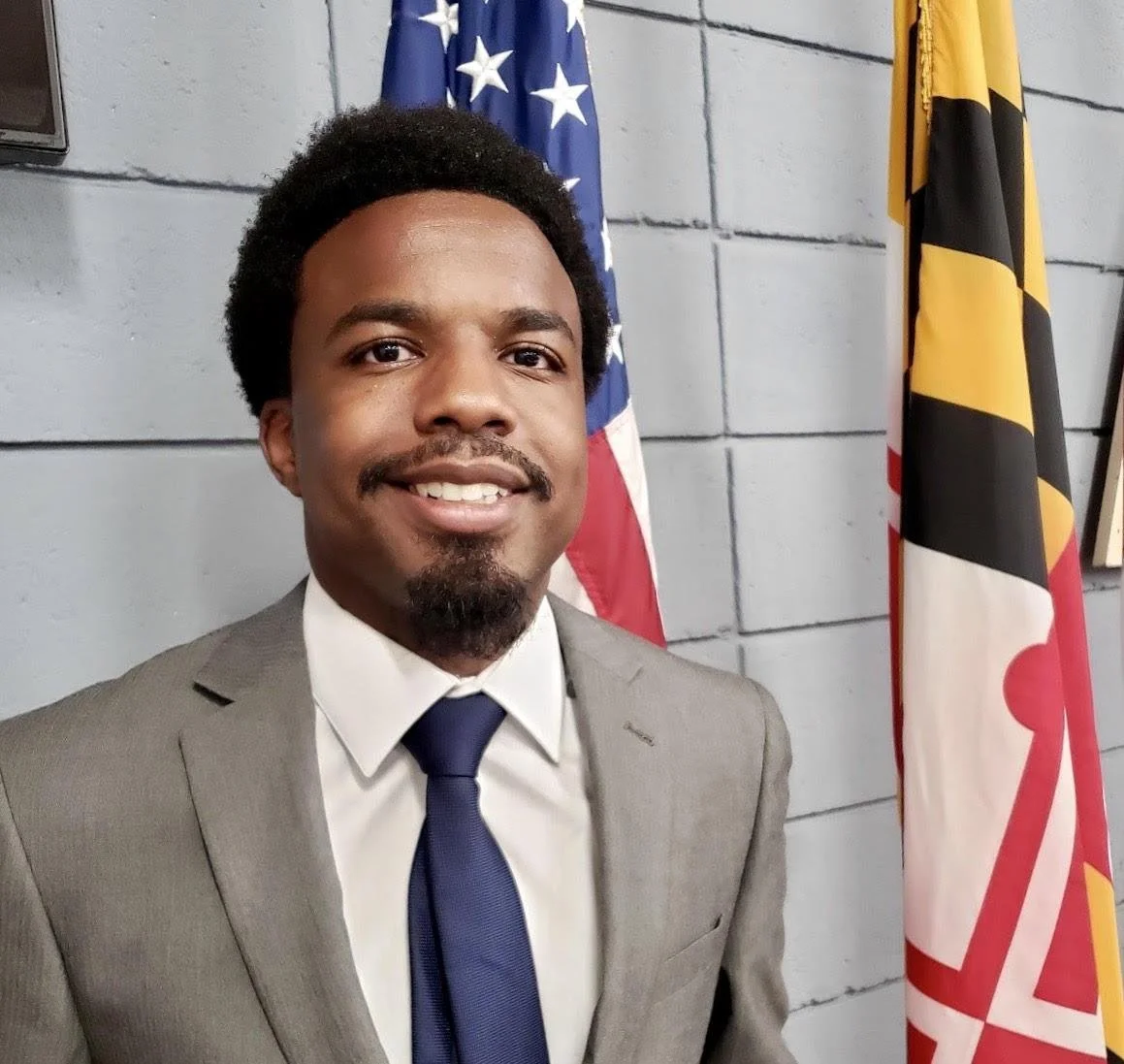Council member and UMD alumnus Colin Byrd reflects on his time as former mayor of Greenbelt
UMD alumnus Colin A. Byrd served as the second African-American mayor of Greenbelt from 2019-2021. He is currently a council member on the city’s council. (Greenbelt City Council)
Greenbelt council member and former mayor Colin Byrd has been a lifelong resident of the area. He continues to reside not far from the community after graduating from the University of Maryland.
In 2017, Byrd was the second African American ever elected to the council. He then served as mayor from 2019 to November 2021. When first elected, Byrd defeated three-term Mayor Emmett Jordan, who is now mayor again since the election earlier this month. Jordan was the city’s first African American mayor and the first African American elected to be on the council.
“I think Colin is a very bright, young man and I think that he was well received so I think coming on as mayor two years ago, everybody was very excited,” said Jordan. “When someone runs for city council, particularly a young person, because the average age of the people on city council is particularly high, I think people are always excited to have new people come on.”
29-year-old Byrd’s young age and progressive ideas persuaded citizens to elect him as mayor in 2019. However, in the recent election, he lost this support.
“My biggest opposition came from the older generations, and senior citizens are very active in elections and young people are a lot less active as a whole, and I definitely think that disadvantaged me,” said Byrd.
Byrd gets support from the youth, as he continues to support movements to help young people. He led a movement to change the University of Maryland’s football stadium's historically racist name in 2015. Although Byrd has a lot of support from the youth, their voter turnout rates are lesser than older generations.
“I’m disappointed in the young people in Greenbelt because you don’t see any of them fighting for environmental change and climate change and the stuff that’s going on,” said council member Rodney Roberts. “I think that hurts Mr. Byrd as well because if they aren’t going to be involved in those kinds of issues then they aren’t going to be involved in other issues as well.”
Byrd saw that many of his left-leaning changes didn’t get much support from older generations, as it did from younger people. Byrd also lost a lot of support from Republicans as he pushed for policies, like Black Lives Matter and vaccine distributions.
“Because I was going hard on Black Lives Matter and the pandemic, Republicans were mobilizing around Jordan,” said Byrd. “He was killing police reform stuff, going against my reparations, but being wibbly wobbly about it so he didn’t lose too many people on the other side.”
Byrd always saw himself more as an activist and never grew up wanting to be a politician.
“I have always been concerned about issues and policies with police reform,” said Byrd. “I am still a guy who literally the year before I was elected to city council had a gun aimed at me by the Greenbelt Police Department, and when this is my background, there is a certain energy I’m going to bring to it.”
Byrd strongly pushed for police reform and social justice that older, white and/or Republican residents didn’t approve of. “I think a lot of the white people in town see Mr. Jordan as the safe white guy, and Mr. Byrd, he’s kind of like me, he pushes the envelope,” said Roberts.
The council has seen an increase in diversity over the past years. There are currently three African American people on the council, and an African American female City Manager, Nicole Ard.
Although Byrd is no longer mayor, he still has policy goals for Greenbelt as a council member.
“I got into politics because I wanted to be the type of politician I never saw,” said Byrd. “Maybe it’s not my time right now, but I do think I still have something to offer to the people of Maryland and to the Congress and Senate, but at the same time it is not what I think I have to offer but what people are ready for.”

